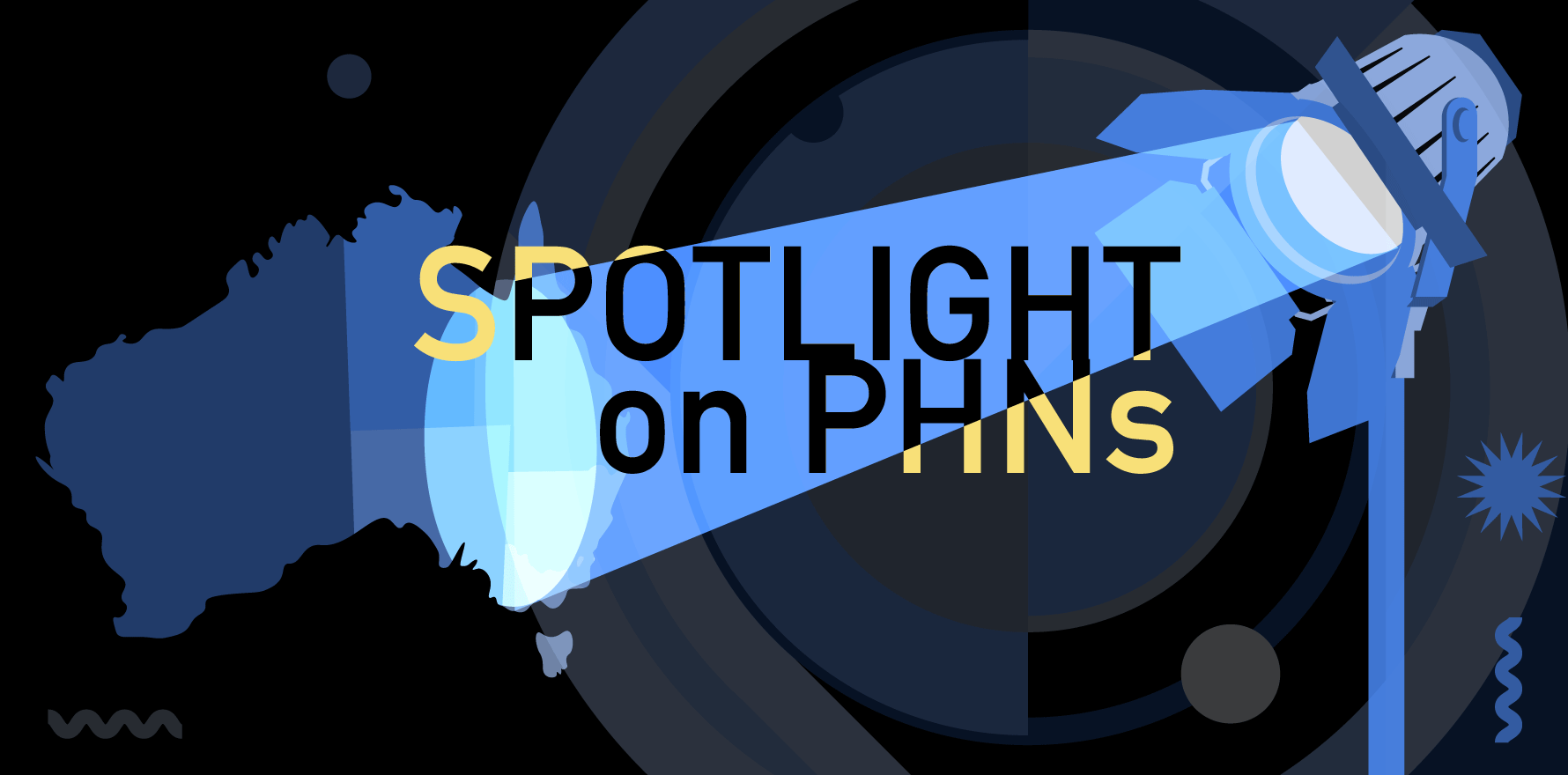The GoShare platform from Healthily gets the tick of approval from NQPHN. Meanwhile, there’s a new online toolkit for allied health providers, and a game-changing Medibus.
Northern Queensland PHN has partnered with Healthily to launch a new campaign, powered by voice AI technology, aimed at improving childhood vaccination rates across its region.
Recent figures indicate that fewer than 90% of children in northern Queensland are fully vaccinated by the age of two, which is below the national target of 95% coverage. Areas of concern include pockets of low immunisation rates across the region and significant under-vaccination in First Nations communities.
Healthily’s GoShare platform is a customisable content distribution platform, which enables the efficient and measurable sharing of health resources, tailored to patients’ information needs.
The platform includes a “Speaking from Experience” digital library of patient and carer experiences, access to information sheets maintained by industry partners, an animated video series, links to credible websites, apps and tools, customisation of content, usage dashboards, and detailed reporting.
Building on the success of similar initiatives like the MyMedicare and Chronic Conditions care plan campaigns, GoShare will feature a new FAQ function, allowing parents to ask questions during the call or to call back with their queries within seven days.
The campaign also stands out for its commitment to equitable health access. The childhood immunisation resources and voice AI calls will be available in five languages, ensuring families from diverse backgrounds can easily access vital health information.
“Using innovative technologies, such as voice AI, will make it easier for parents to stay informed and up to date with their children’s vaccinations,” said NQPHN CEO Ben Tooth.
“It’s a critical step in ensuring that every child in northern Queensland is protected against preventable diseases.
“We are pleased to partner with Healthily on this worthwhile initiative.”
Dr Tina Campbell, managing director and co-founder of Healthily said the voice AI technology was ideal for addressing the challenges of closing the gap in vaccination rates.
“The initiative will provide all primary care practices in the NQPHN region with access to online resources, followed by a series of automated voice calls to parents of two-year-old children who may be overdue for vaccinations,” she said.
New allied health toolkit debuts
The National Allied Health Practice Engagement Toolkit, a practical and accessible resource for allied health clinicians working in primary care, has been officially launched this month.
A PHN Cooperative initiative, led by the Hunter New England and Central Coast PHN, the toolkit supports clinicians by providing streamlined and localisable content with links to essential information.
The toolkit offers guidance across several critical areas:
- Understanding the local health system, including how to connect with PHNs and fellow clinicians;
- Education and networking, to enhance professional capability and improve service delivery;
- Clinical quality and governance, ensuring safer and higher-quality patient care;
- Business efficiency and funding, including insights into grants and other financial supports;
- Digital health integration, to improve connectivity and workflow across the system; and
- Understanding of allied health roles, including education pathways and interprofessional collaboration.
HNECC PHN CEO Richard Nankervis said:
“The Toolkit clarifies the complementary roles of PHNs and peak allied health bodies in supporting primary care clinicians.
“PHNs welcome continued collaboration with organisations such as Allied Health Professions Australia, Indigenous Allied Health Australia, and Services for Australian Rural and Remote Allied Health to build a stronger, more integrated allied health workforce.”
The toolkit builds on the foundations laid by the National PHN Allied Health in Primary Care Engagement Framework released in 2022, designed to strengthen collaboration between PHNs and the allied health sector.
Implementation and ongoing development of the toolkit will be overseen by the National PHN Cooperative Allied Health Framework Implementation Group, which includes PHN representatives, the Department of Health, Disability and Ageing’s chief allied health officer, and regular input from allied health peak bodies.
Co-chair for the NPHNCAHFIG, Michelle Quinn from the Western Sydney PHN, said:
“The toolkit offers allied health the opportunity to learn more about patient safety, digital tools and funding and grant opportunities relevant for allied health.
“When localised, the toolkit can help allied health to access local education and increase avenues to connect with other local health professionals.”
All aboard the Medibus
Speaking of the HNECC PHN, the region this week hosted the launch of a fully equipped mobile health clinic which will take specialist multidisciplinary teams to towns with limited access to healthcare.
On board the Medibus – an initiative of the Diabetes Alliance Program Plus – will be endocrinologists, a diabetes educator, Aboriginal health worker, dietitian and podiatrist. These clinical teams support patients directly and upskill local GPs, nurses, and allied health providers.
“Our region faces a higher burden of diabetes than the state average, and many rural areas struggle with access to care,” said Mr Nankervis.
“The DAP+ Medibus will help change that by bringing tailored, best-practice diabetes management directly into vulnerable communities.”
Diabetes remains one of the most critical health challenges for the Hunter and New England regions, with an estimated one in 8 people living with the condition, and many more undiagnosed.
Diabetes Alliance Program Plus was first established in 2015 by the Hunter New England LHD and the HNECC PHN.
In 2023, a five-year, $12.4 million donation from the Colonial Foundation enabled the program to expand. This included new partners, including the Hunter Medical Research Institute and the University of Newcastle.
“The DAP+ Medibus is a game changer for our rural and regional communities,” said the CEO of the LHD, Tracey McCosker.
“By bringing specialist diabetes care directly to people’s doorsteps, it ensures that everyone, regardless of where they live, can access the support they need to manage diabetes and improve their quality of life.”


